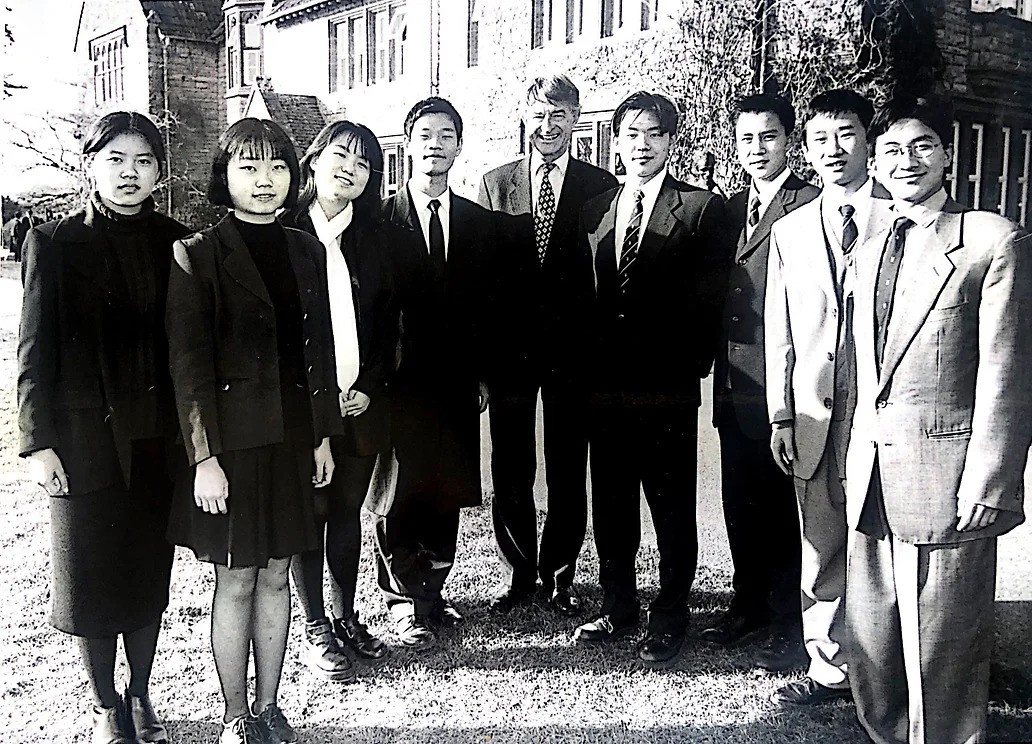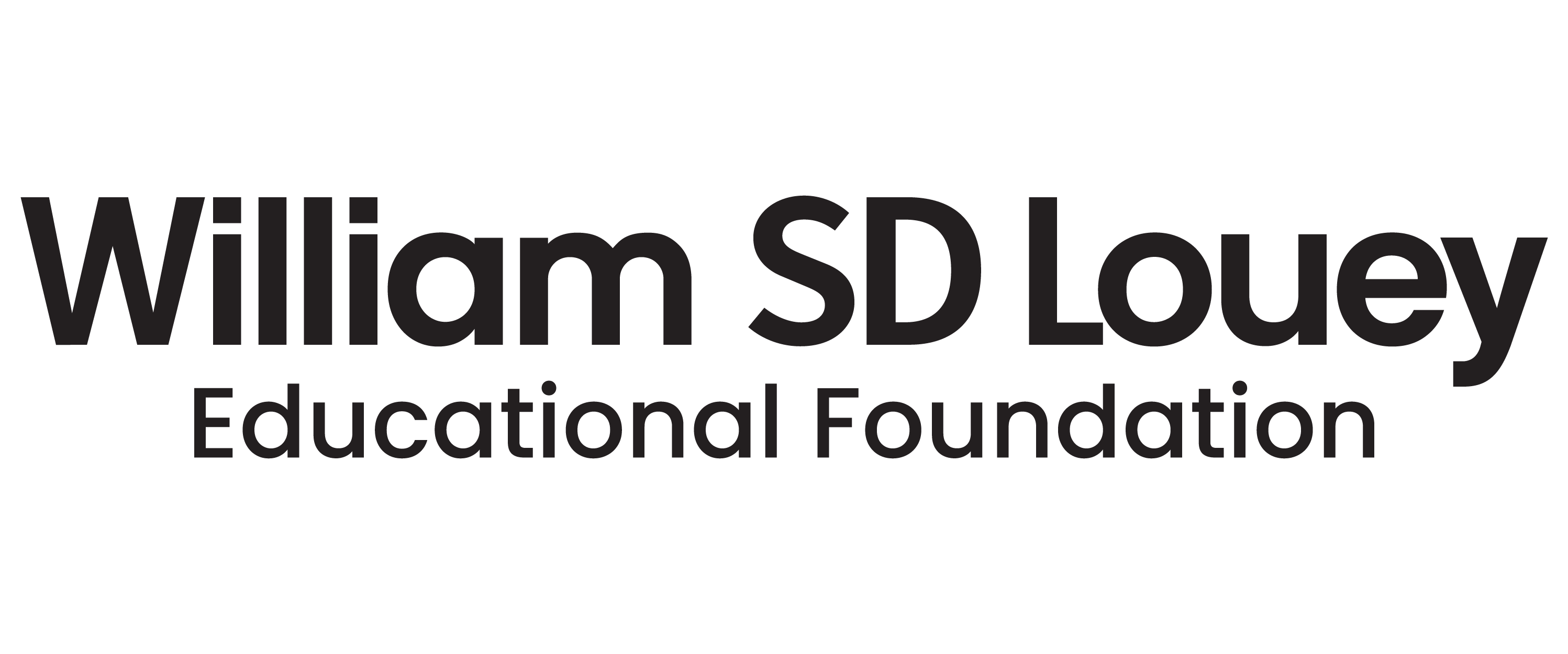A Chain of Support
For Hong Kong businessman and lifelong philanthropist William Louey, pay it forward is a philosophy that forms the foundation of his charitable actions. He believes in the power that a single good deed has in creating a multiplier effect via the further good deeds of his original beneficiaries.
Since the founding of his charity, the William S.D. Louey Educational Foundation, in 1995, William Louey has been granting extensive scholarships to 60 students, spending over HKD $60 million in giving bright but economically disadvantaged Chinese students a once-in-a-lifetime chance to study at UK’s elite universities, namely Oxford and Cambridge. But in William Louey’s unique perspective, philanthropic giving is not only about money.
Perhaps if William Louey’s scholarships had only been a series of transactions to pay off tuition fees, the value of his giving might have been more quantifiable as an amount that scholars could one day pay back after they achieve financial success through the opportunities they are exposed to.
However, William Louey’s philanthropic virtues extend far beyond the traditional model of charitable giving. His gifts are a combination of money with personal time, mentorship, lifestyle guidance and networks that stand the test of time. Besides, from the very beginning he has been educating his scholars on the value of paying it forward instead of worrying about owing him anything for his good deeds.
Pay It Forward
“You don’t pay love back; you pay it forward,” American author Lily Hardy Hammond wrote in her 1916 book In the Garden of Delight, referring to how the love between a caregiver and the care-recipient is not transactional. This was one of the earliest official uses of the pay it forward concept in literature, summarising the act of serial reciprocity.

This is a powerful concept that each and every one of his scholars still embody today. Almost all of these scholars have achieved status and financial success as a direct result of the wide array of opportunities a world class British higher education had opened up for them.
Many among the earlier batch of scholars had gathered in 2016 to launch their own scholarship to honour William Louey’s fundamental wishes for them to give back to society. A concept led and formulated by a 1995 scholar, Albert Lei Shen, the fund was registered as Pay It Forward under the umbrella of the China Oxford Scholarship Fund.
Each year, with the financial contributions from the first generation of William Louey’s scholars, who are now in their forties, one or two students are sponsored through the Pay It Forward fund to pursue higher studies at Oxford University. On top of donations, the original batch of scholars also act as mentors the same way William Louey had mentored them during their higher education years. This is an effort that continues today, alongside the William S.D. Louey Educational Foundation’s ongoing scholarships.
One of William Louey’s scholars, Anna Jinxiang Zhou, went a step further. She set up her own fund with her husband, the Wang Family Foundation, to mark the beginning of her philanthropic journey. Through this organisation, she also sponsors the overseas education of Chinese students from lower socioeconomic backgrounds, while also supporting a variety of other charitable projects. “Now I really appreciate the importance and joy of doing charity work myself. I hope my children can continue the same and hopefully make the world better,” she has said, adding that her young school going daughter is already planning to engage in philanthropic work in the future.
Shield Dun Xiao, one of William Louey’s 1995 batch of scholars, is now a successful AI tech entrepreneur living in Palo Alto, California who in recent years had his own company valued at $5 billion on Nasdaq. Also a serial philanthropist like Anna Jinxiang Zhou, charitable giving is a central part of his life. While Shield is also part of the Pay It Forward fund, he engages in a wide range of other philanthropic activities.
Shield founded a charity called Sea Star Children’s Foundation which helped more than 200 children with congenital heart diseases in mainland China. But, inspired by William Louey’s pay it forward philosophy, he believes that philanthropy isn’t only about giving money away. “I could use the power of technology to pay it forward, to provide the best opportunities for everyone, and so I’ve been in education, working with young children for the past 17 years,” he said. He sincerely believes in the value of the pay it forward concept. “I definitely think that humanity would be better if everyone had this pay it forward mentality,” he concluded.
“It’s a circular system,” William Louey said of the ripple effect the pay it forward movement has created, which is self-sustaining provided that he maintains close relationships with his network of scholars and that they then continue to promote the benefits of the pay it forward model of philanthropy. And it should come as no surprise that William Louey is still actively connecting with his scholars, their children and families, as well as the future generation of scholars they are sponsoring.
William Louey’s pay it forward family is continuously growing, united by their passion for greater societal change. “I feel that this is some kind of unconditional love, this bonding between me and my scholars,” he said.

